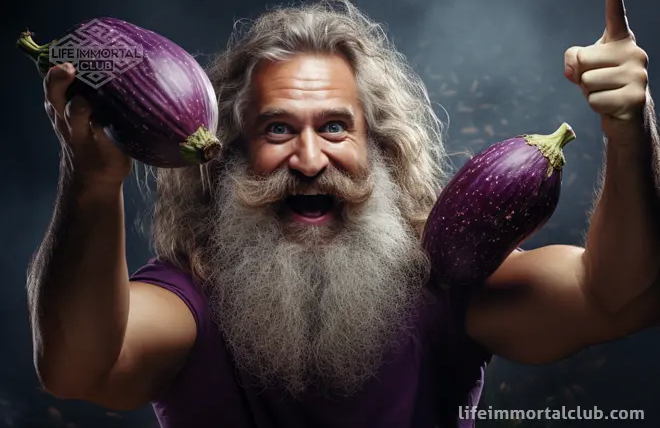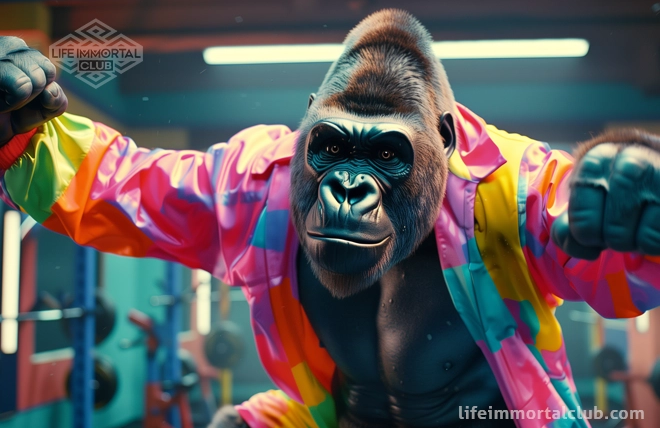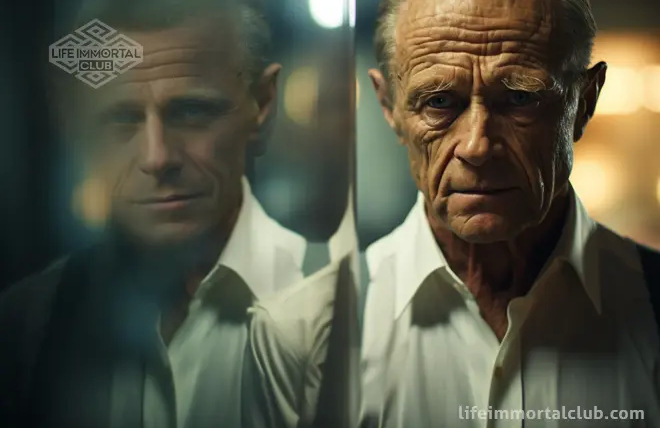Longevity and Technological Advancements Going Towards 2030

Key Useful Points About The Research Facts About Immortality In This Article
- Futurist Ray Kurzweil predicts that humans will achieve immortality in seven years
- Kurzweil has accurately prophesied technological achievements in the past
- Kurzweil claims an 86% accuracy rate for his technological predictions
- Kurzweil suggests that nanobots will be used to repair our bodies on a cellular level
- Kurzweil claims nanotechnology will allow people to eat whatever they want while staying thin and energized
- Kurzweil has made numerous predictions that have come true
- Silicon Valley billionaires like Peter Thiel and Jeff Bezos have invested in Kurzweil's predictions
Introduction To Ray Kurzweil's Predictions
In a world where scientific advancements are unlocking the mysteries of human existence, one visionary stands out. Futurist Ray Kurzweil has made bold claims regarding immortality, predicting that humans will achieve eternal life within the next seven years. While these claims may sound like science fiction, Kurzweil's track record of accurate predictions and the ongoing developments in the field of biotechnology make his theories worth exploring.
The Rise of a Visionary
Ray Kurzweil is a 75-year-old computer scientist and former Google engineer. His groundbreaking work in artificial intelligence (AI) and technological advancements earned him recognition, including the National Medal of Technology in 1999 and induction into the National Inventors Hall of Fame in 2002. With an 86% accuracy rate for his past predictions, he has garnered a cult following among future-thinkers.
The Immortality Timeframe
In his 2005 book "The Singularity Is Near," Kurzweil predicted that technology would enable humans to achieve everlasting life by 2030. He bases his prediction on the exponential growth of AI and its potential to match human intelligence. Kurzweil believes that by 2029, AI will pass a valid Turing test, reaching human levels of intelligence.
Nanobots and Cellular Repair
One of Kurzweil's claims is that nanobots, microscopic robots, will revolutionize healthcare by repairing the human body on a cellular level. Collaborative efforts by medical engineers are already underway to develop disease-fighting bots. These nanobots could potentially extend human longevity by addressing aging and illness at their root cause.
Nanotechnology and Nutrition
Kurzweil suggests that nanobots in the digestive tract and bloodstream will enable individuals to consume any food they desire while remaining thin and energized. These bots will intelligently extract essential nutrients, call for additional supplements, and eliminate the rest, optimizing each person's dietary needs. This groundbreaking application of nanotechnology could revolutionize nutrition and enhance overall health and well-being.
Kurzweil's Accurate Predictions
Skeptics may dismiss Kurzweil's claims as far-fetched, but it is worth noting that many of his past predictions have already come true. For instance, Kurzweil accurately predicted the rise of laptops, advancements in AI defeating human champions, and the widespread adoption of portable computers. His credibility attracts attention from prominent figures like Peter Thiel and Jeff Bezos, who actively invest in technologies that align with his projections.
Silicon Valley Investment
Silicon Valley, known as the hub of technological innovation, has recognized the immense potential of life extension technologies. Visionary entrepreneurs like Peter Thiel and Jeff Bezos are actively investing in research and development to push the boundaries of human longevity. With their extensive resources and determination, they aim to revolutionize the way we approach aging and extend the human lifespan. By backing groundbreaking projects and collaborating with leading scientists, Silicon Valley billionaires are paving the way for a future where immortality may no longer be a distant dream but a tangible reality.
Conclusion
While the idea of achieving immortality within the next decade may seem outlandish, Ray Kurzweil's predictions are not to be taken lightly. With an impressive track record and ongoing advancements in biotechnology, his theories offer a fascinating glimpse into the possibilities of human longevity.
As scientists continue to push the boundaries of what is possible, we may witness breakthroughs that transform our understanding of life and pave the way for a future where immortality becomes a reality. Only time will tell if Kurzweil's predictions will come to fruition, but one thing is certain - the pursuit of longevity and immortality remains a captivating topic that ignites our curiosity about the future of humanity.







